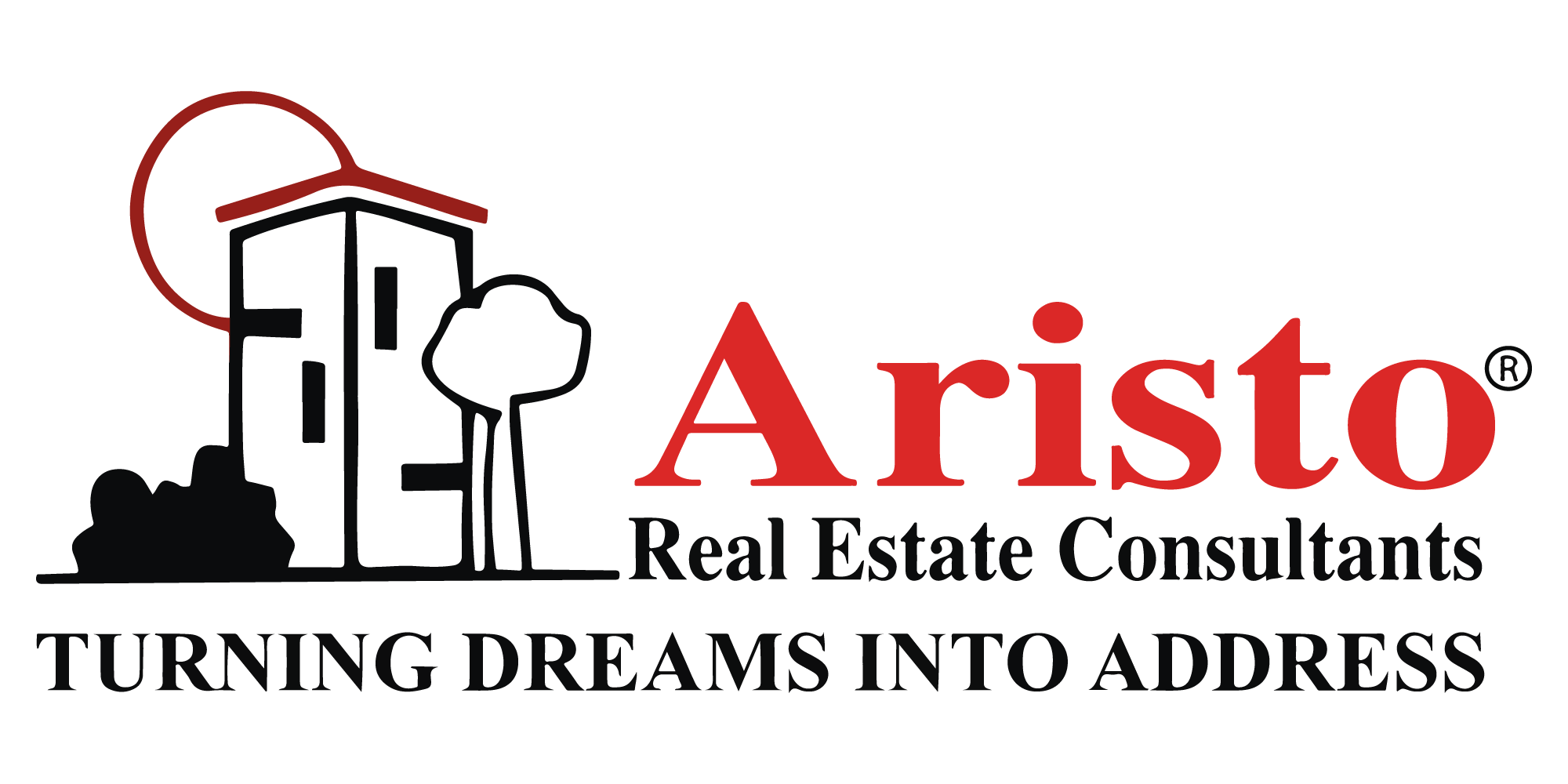Mumbai Home Loans: Key Eligibility Factors You Need to Know
Buying a home in Mumbai, one of India’s most sought-after real estate markets, can be a dream come true. However, given the high property prices in the city, most homebuyers need financial assistance in the form of home loans. While home loans can make your dream of owning a home a reality, it’s essential to understand the eligibility criteria set by banks and financial institutions before you apply. This blog will guide you through the Home Loan Eligibility Checklist to help you prepare for your application and increase your chances of approval.
1. Age Limit
Your age is one of the first criteria that lenders assess when considering your home loan application.
- Minimum Age: Most banks require applicants to be at least 21 years old at the time of loan application.
- Maximum Age: Generally, the maximum age at loan maturity should not exceed 65 years. This means that the loan tenure should end before you turn 65.
Tip: Younger applicants often have a better chance of securing longer loan tenures, which can reduce the EMI burden.
2. Income Level
Your income plays a pivotal role in determining how much loan amount you are eligible for. Lenders assess your ability to repay the loan based on your monthly or annual income.
- Salaried Individuals: Lenders usually prefer applicants with a stable monthly income. The higher your income, the higher the loan amount you may be eligible for.
- Self-Employed Individuals: Banks assess the income stability of self-employed individuals by looking at their annual income, typically based on ITR (Income Tax Return) filings over the last few years.
Tip: Some banks offer lower interest rates to individuals earning a higher salary or possessing a stable income, as they are considered less risky.
3. Credit Score
Your credit score is a crucial factor that lenders evaluate to determine your creditworthiness. It reflects your ability to manage debt and repay loans in the past.
- Ideal Credit Score: A credit score above 750 is generally considered favorable for home loan approval.
- Low Credit Score: Applicants with lower scores (below 650) may face difficulties getting approval or might receive higher interest rates.
Tip: Regularly check your credit report, clear any outstanding debts, and avoid taking on new loans before applying for a home loan.
4. Employment Status & Stability
Lenders prefer individuals with stable jobs or businesses, as it ensures regular income flow for loan repayment.
- Salaried Applicants: Most lenders expect at least 2-3 years of continuous employment with the current employer. Job stability reflects positively on your application.
- Self-Employed Applicants: Business stability is equally important. Lenders usually require a minimum of 3 years of successful business operations, backed by financial records.
Tip: Frequent job changes or gaps in employment can lower your chances of getting a home loan, so maintaining stability is key.
5. Property Value and Type
The property you intend to purchase also affects your home loan eligibility. Banks conduct a valuation of the property to ensure its market value aligns with the loan amount.
- Loan-to-Value (LTV) Ratio: Most lenders in Mumbai offer around 75-90% of the property value as a loan, depending on the property’s location and type.
- Approved Properties: Lenders are more likely to approve loans for properties that have clear titles, and those approved by local authorities like MMRDA, CIDCO, or MHADA.
Tip: Opt for properties that are pre-approved by banks, as it increases your chances of quicker loan processing and approval.
6. Existing Liabilities
If you have existing loans or debts, lenders will evaluate your debt-to-income ratio to determine your repayment capacity.
- Debt-to-Income Ratio: Lenders generally prefer that your total EMIs (including the new home loan) should not exceed 50-60% of your monthly income.
- Reducing Liabilities: Pay off any outstanding personal or car loans to improve your debt-to-income ratio and increase your eligibility.
Tip: Avoid applying for multiple loans simultaneously, as it can negatively affect your home loan eligibility and your credit score.
7. Co-Applicant
Adding a co-applicant to your home loan application can improve your eligibility, especially if the co-applicant has a stable income or a good credit score.
- Who Can Be a Co-Applicant?: Typically, a spouse, parents, or immediate family members can be added as co-applicants.
- Benefits: The combined income of both applicants increases the loan amount and eligibility. Additionally, co-applicants can share the repayment burden, reducing the EMI pressure.
Tip: Ensure that both applicants maintain good credit scores to maximize benefits.
8. Down Payment
The down payment is the amount you need to pay upfront while purchasing the property. Banks typically finance up to 80-90% of the property value.
- Minimum Requirement: For most home loans, the borrower needs to arrange at least 10-20% of the property value as a down payment.
- Higher Down Payment: Making a larger down payment can reduce the loan amount required, which may result in lower EMIs and quicker approval.
Tip: Start saving early for the down payment, and aim to contribute a higher amount to reduce your loan burden.
Applying for a home loan can be a complex process, but understanding the eligibility criteria is the first step toward simplifying it. By meeting the requirements related to income, credit score, employment stability, and down payment, you can increase your chances of getting a home loan approved. Planning ahead, maintaining a stable financial profile, and ensuring the property you are investing in is pre-approved can further ease the process.
If you’re planning to buy a home in Mumbai, ensure you’re financially prepared and meet the eligibility requirements. This way, you can enjoy the benefits of home ownership without any last-minute surprises or delays in the loan approval process.



